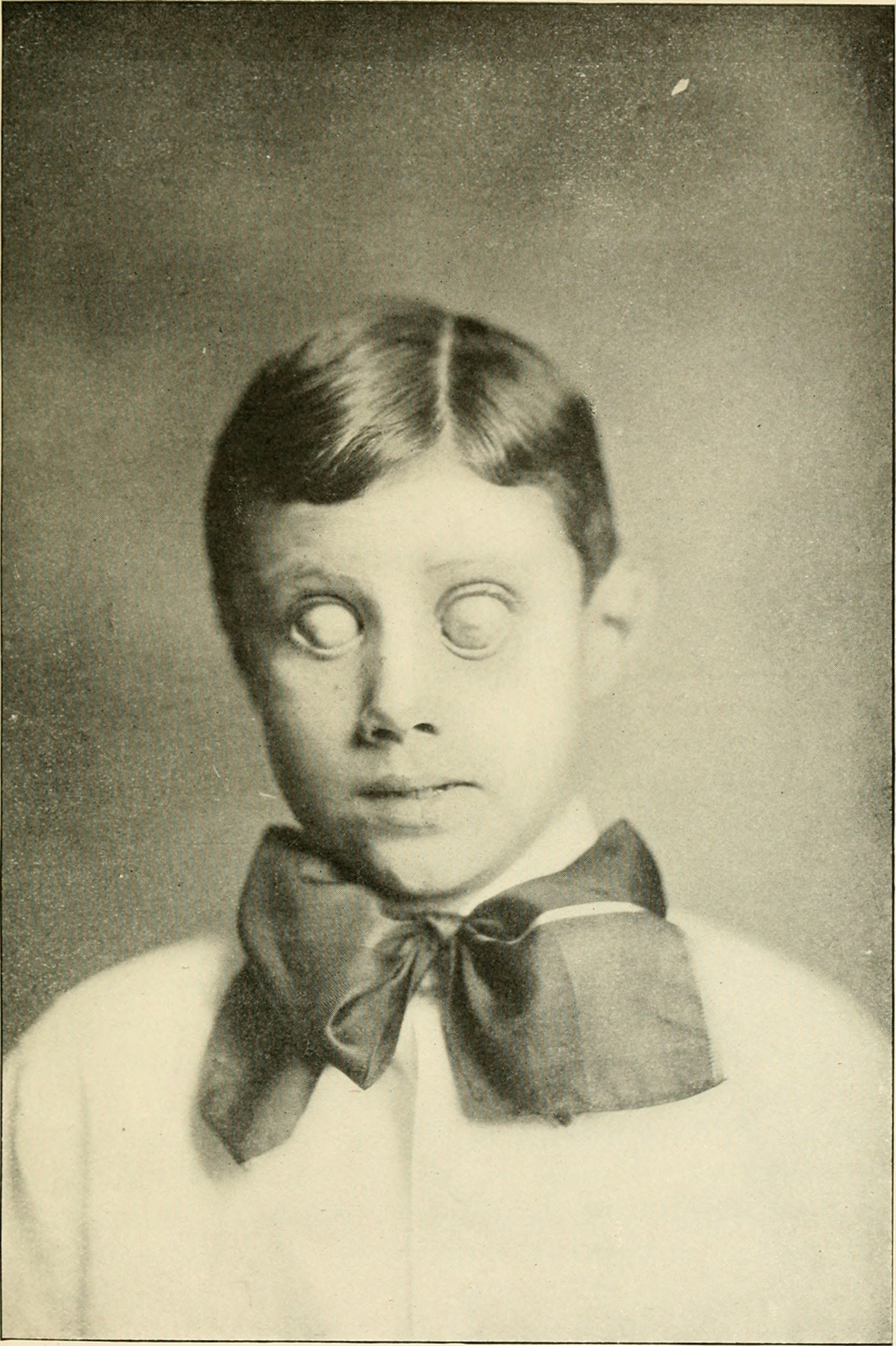
Tourette Syndrome-Overview
This is a complex inherited neuropsychiatric condition with onset in childhood, characterized by multiple physical tics and at least one phonic tic. The term tic means that a person has little or no control of what they do or say. Tourette syndrome often occurs with other problems, such as ADHD, OCD, depression, or anxiety.
Signs of this condition usually begin in childhood, most commonly between the age of 7 and 10. It may be a life-long condition, but children often outgrow this syndrome after adolescence. Tourette's syndrome occurs in about 0.5% of school age children, but when chronic tic disorders are included, the prevalence increases to 2% of the general population.
The exact cause of this condition is yet unknown, and there is no way of preventing it. However, scientists believe that it may be brought on by a combination of environmental and genetic factors. There are theories that claim that abnormalities in the function of neurotransmitters, or that a mutation in some gene may be the actual cause.
Symptoms
The symptoms of this condition are called tics. There are simple tics (that are sudden, brief, and involve only a limited number of muscles or sounds) and complex tics (that involve several muscle groups) Simple motor tics include: finger Flexing, eye blinking, shoulder shrugging, sticking one’s tongue out, etc. Complex motor tics are: smelling objects, touching the nose, obscene gestures, etc. Simple vocal tics may include: barking, yelling, hiccupping, etc, while complex vocal tics are: repeating one’s or other’s words and phrases, cursing, saying phrases that are out of context, etc. It is important that a parent consult a doctor as soon as his/hers child has shown symptoms of Tourette's syndrome. This should be done in order to rule out other possible health problems.
Treatment
There is no way of completely eliminating the symptoms. However, there are medications and therapies that might help control or reduce the tics. The doctor might prescribe stimulant medications, antidepressants, etc. or recommend psychotherapy.
Surgery
The procedure that might be done on a patient that suffers from this condition is called deep brain stimulation. DBS consists of implanting neurostimulator in the brain to deliver electrical stimulation to targeted areas that control movement. This is thought to be an experimental, potentially dangerous, and expensive treatment for this condition. Brain surgery will not likely ever be an option for the vast majority of people with Tourette's. Two programs aired in March, 2006, featuring brain stimulation surgery (DBS) for patients severely affected by Tourette Syndrome.
However, the Tourette Syndrome association issued a news release in which it was stated that this type of surgery is more established as a treatment for Parkinson’s than for Tourette’s; that it should be viewed as experimental, and only applicable for a very small minority of severely affected people.
The major concerns of the TSA are the placement of the stimulator in the brain, the procedure’s requirement of long and expensive monitoring (without any guarantee of its long-term efficiency), and further surgery needed to replace the batteries.


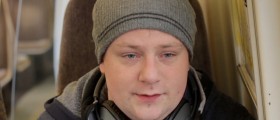




_f_280x120.jpg)
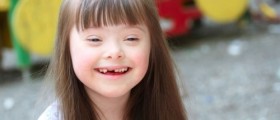



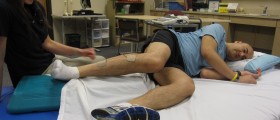
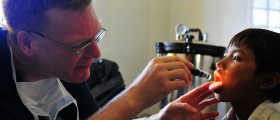
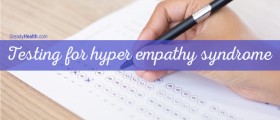
-When-You-Have-Parkinson's-Disease_f_280x120.jpg)
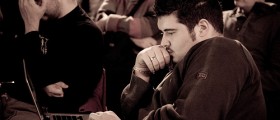
Your thoughts on this
Loading...